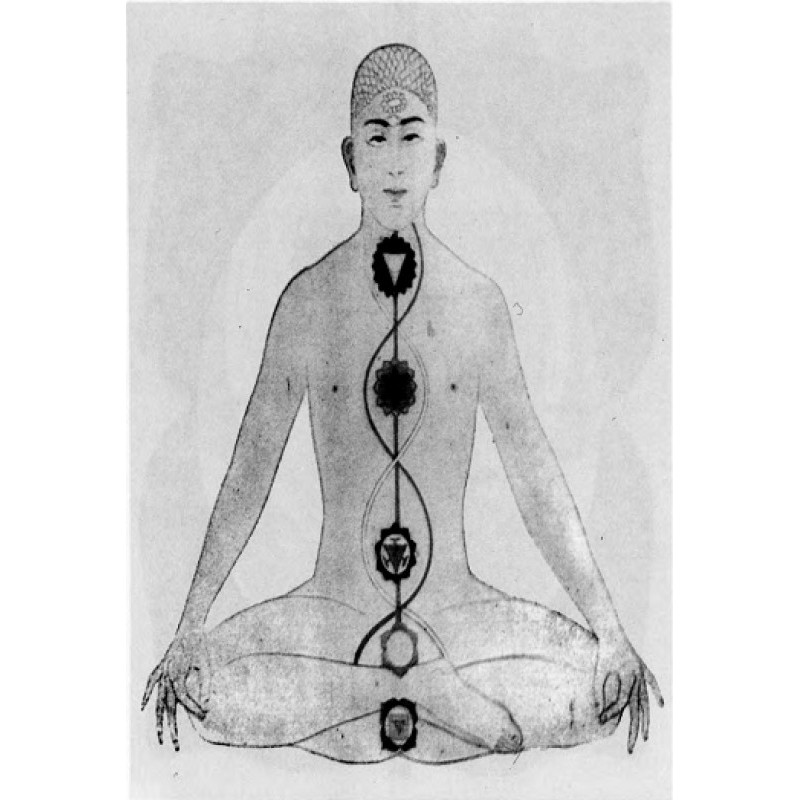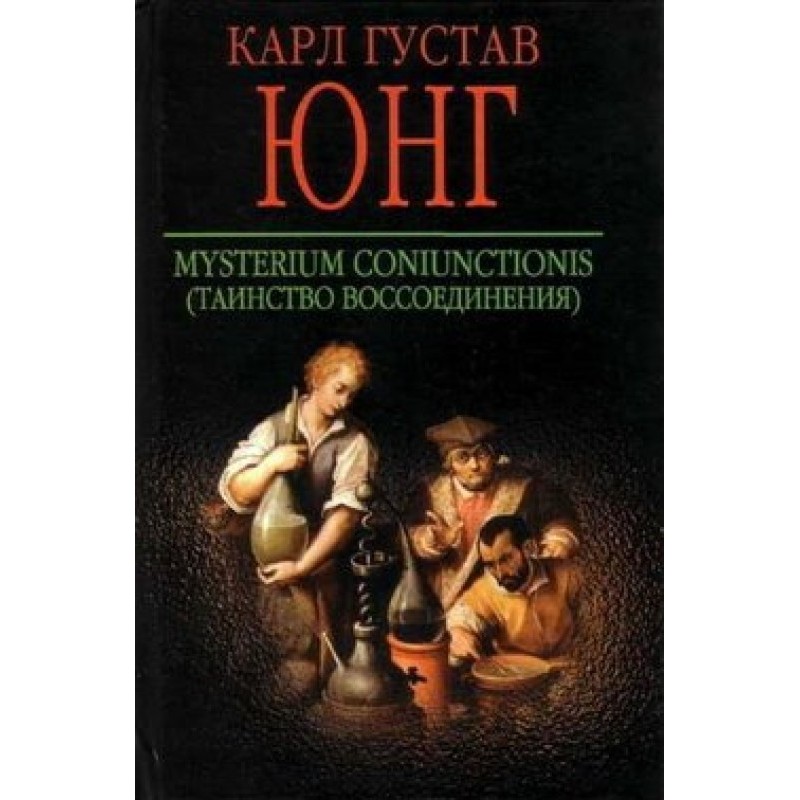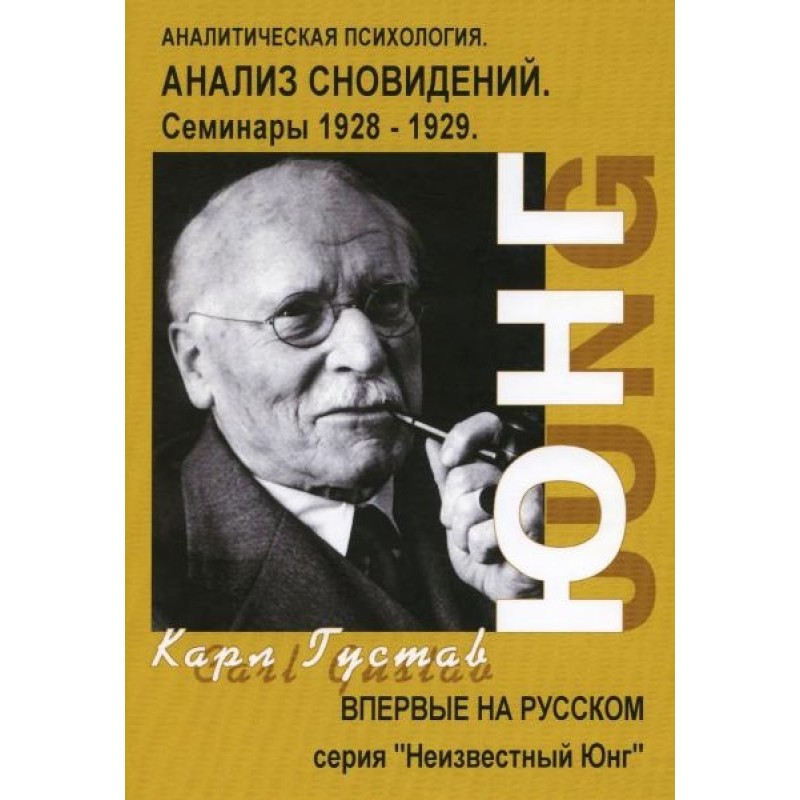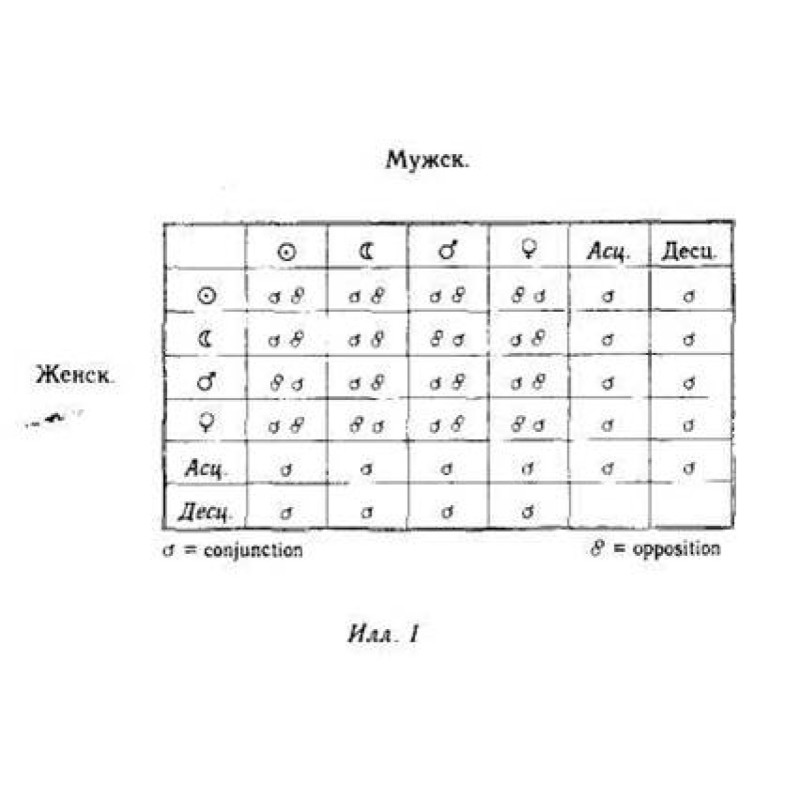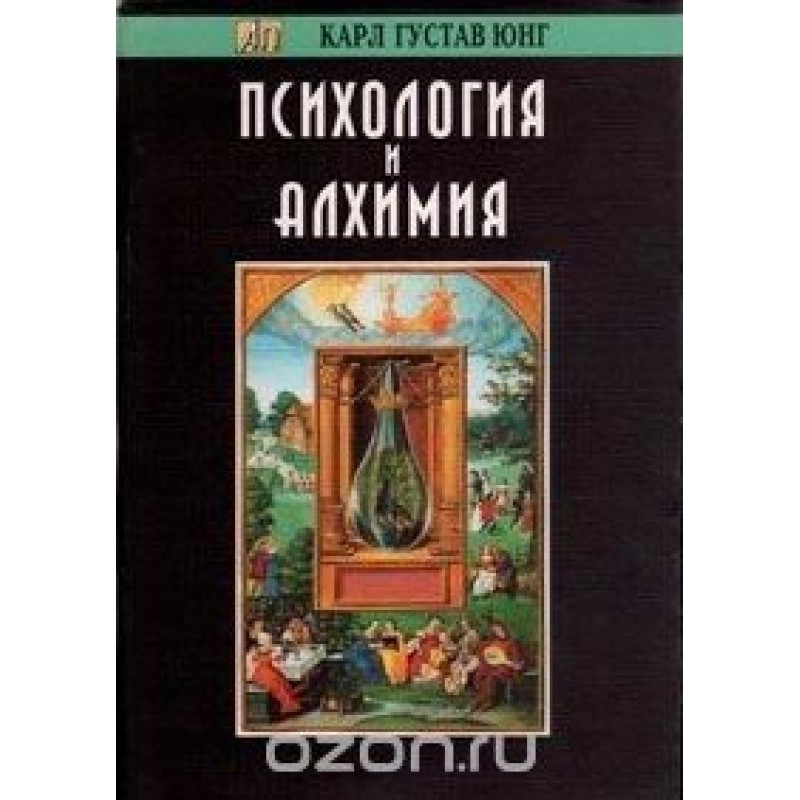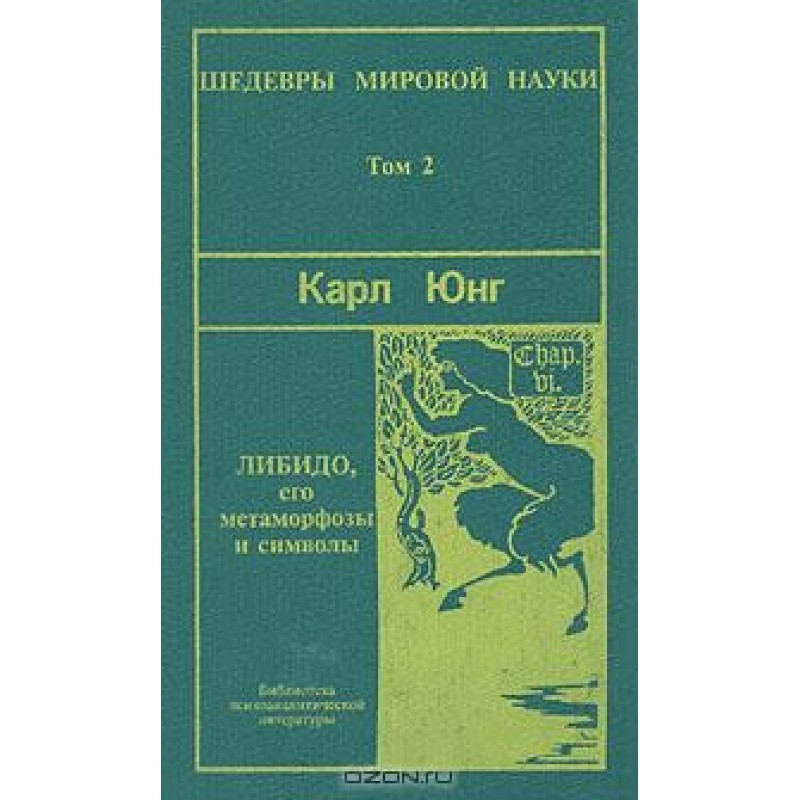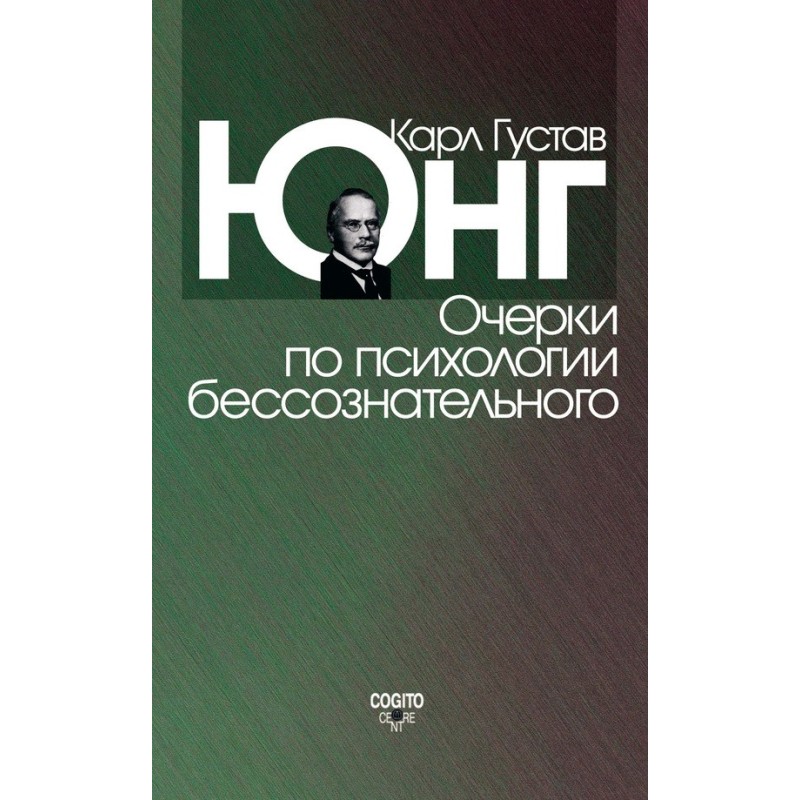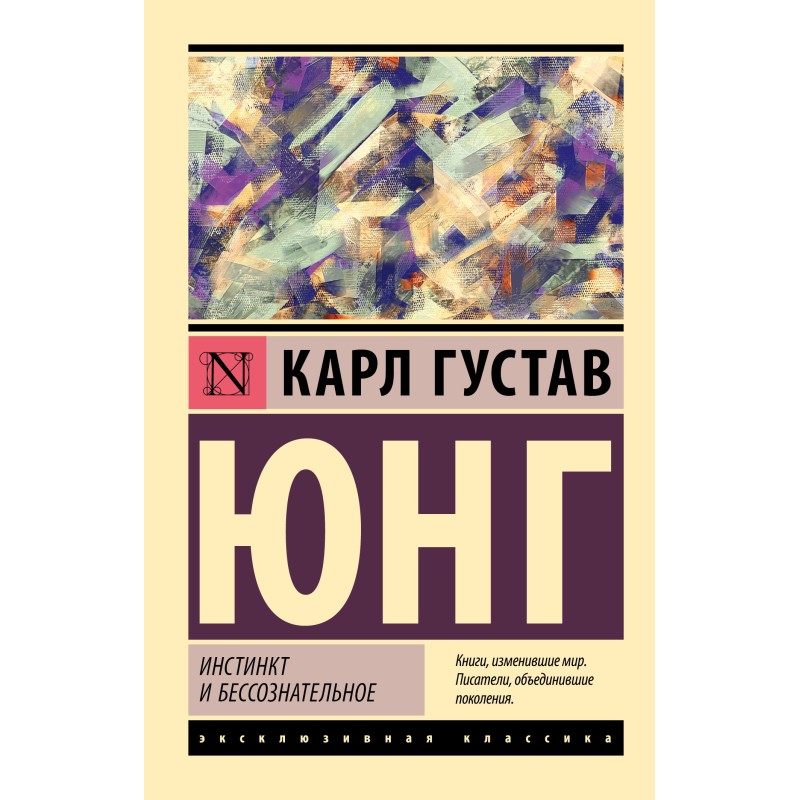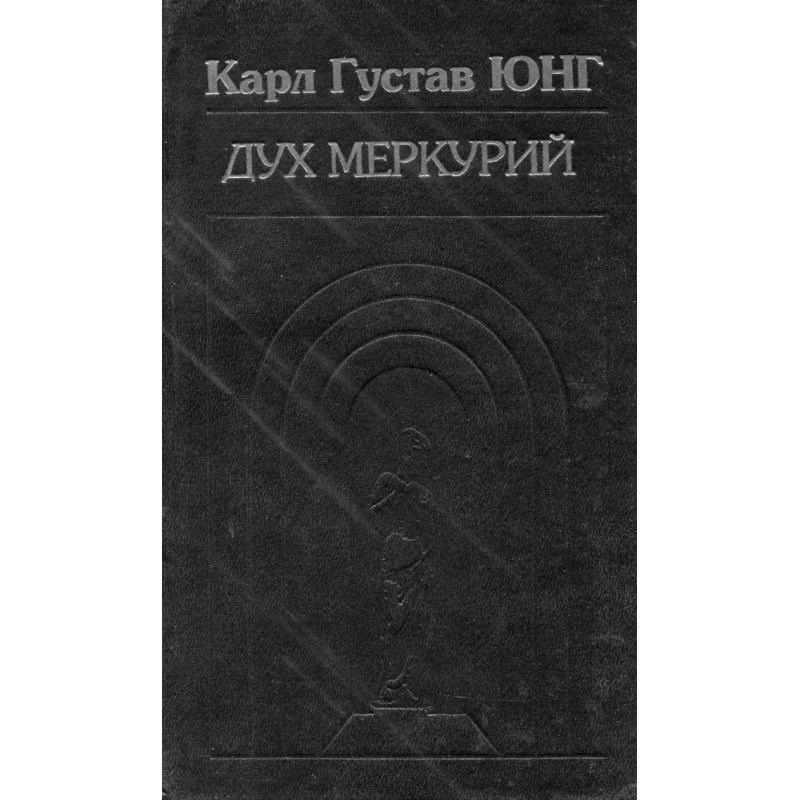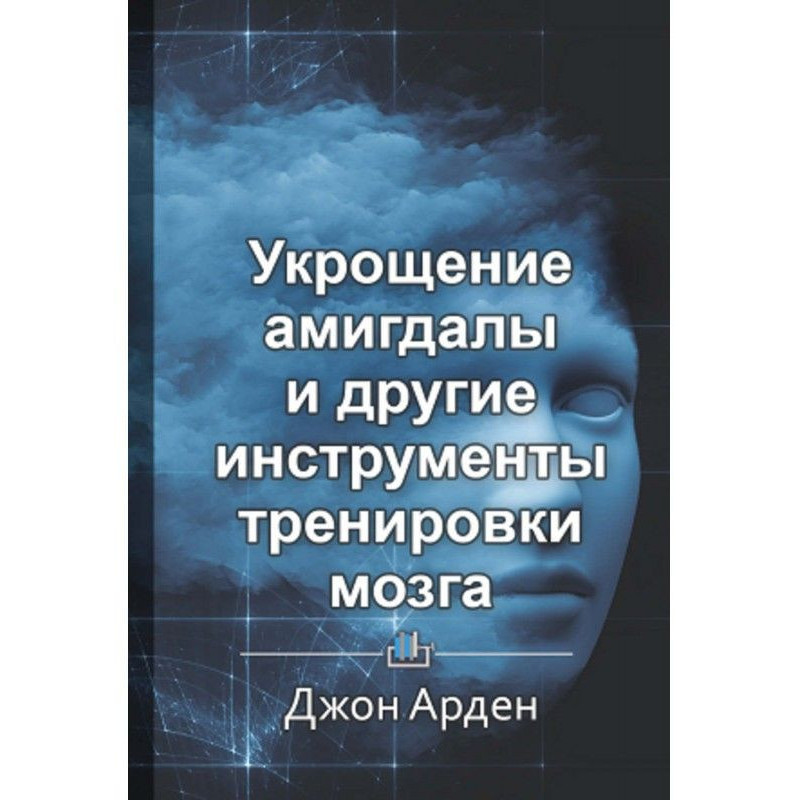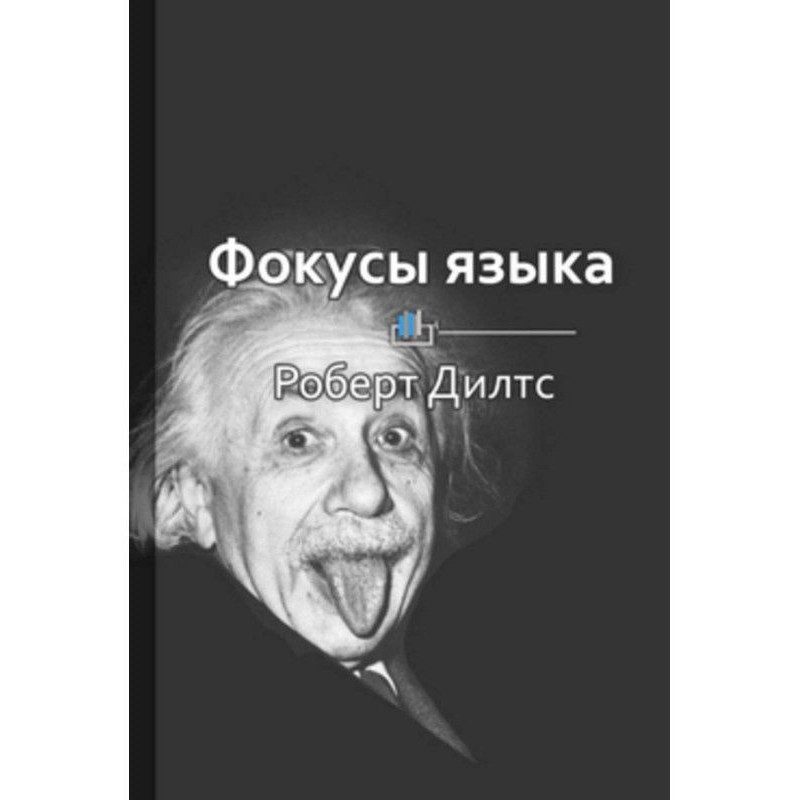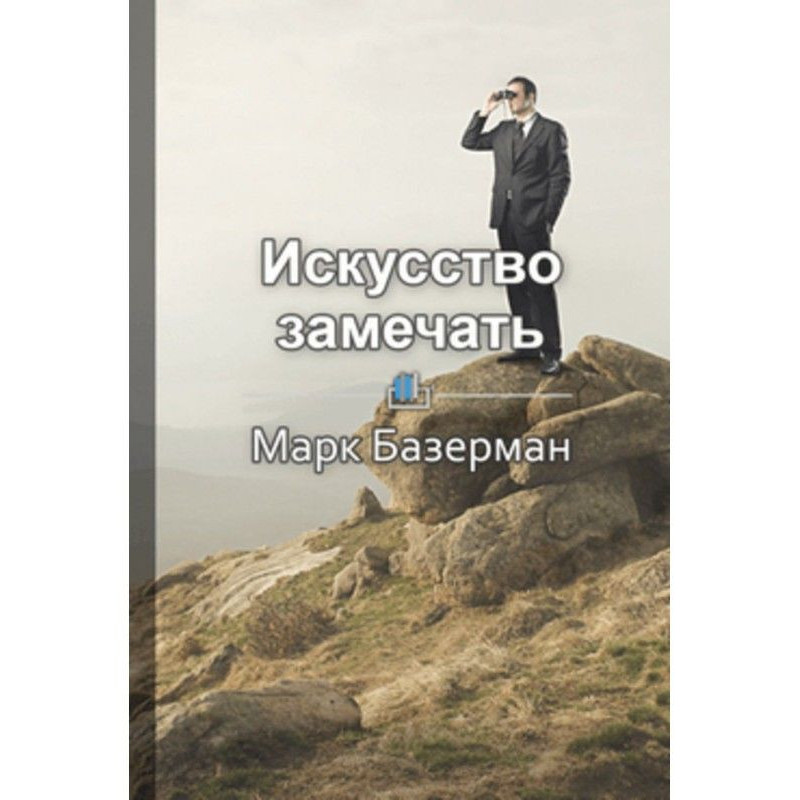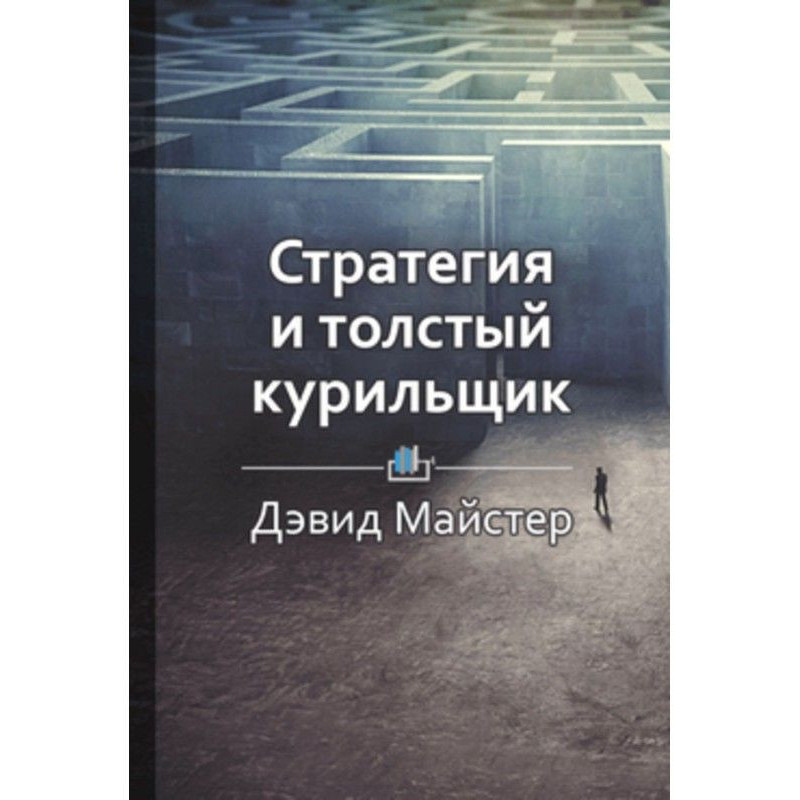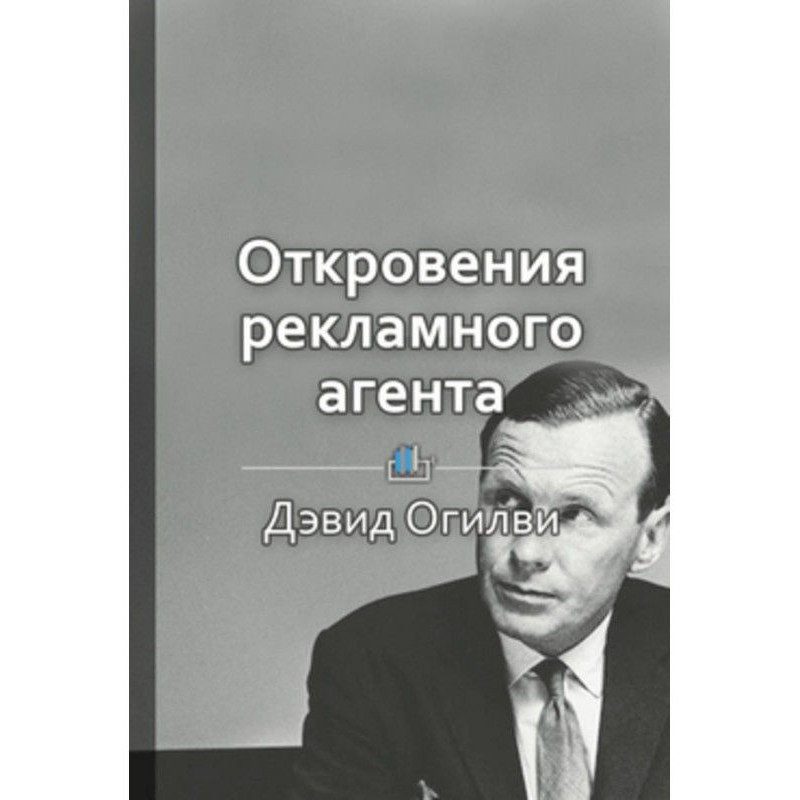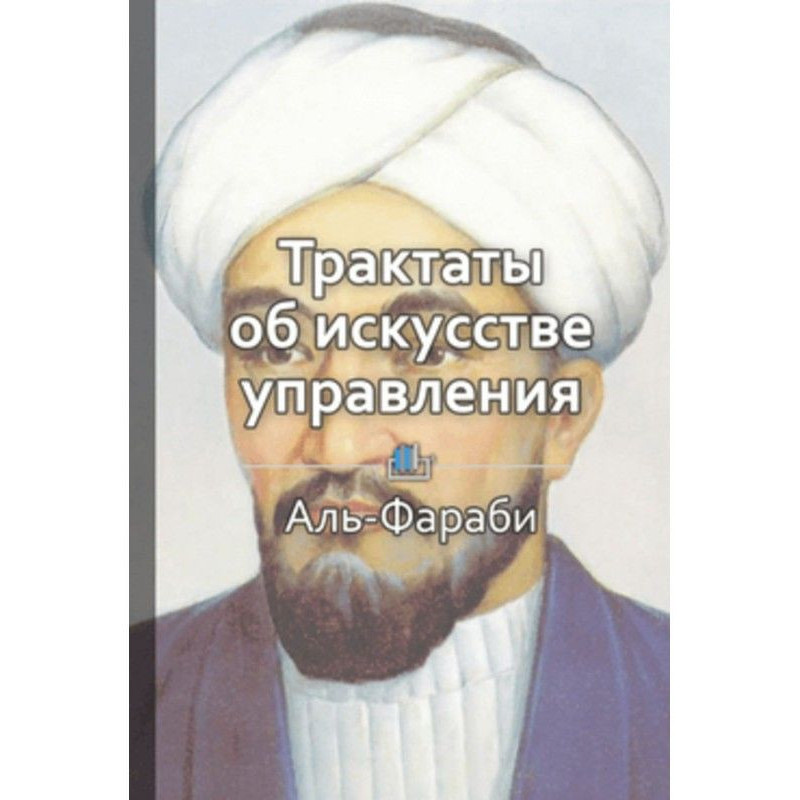Civilization in Transition
 Instant download
Instant download
after payment (24/7)
 Wide range of formats
Wide range of formats
(for all gadgets)
 Full book
Full book
(including for Apple and Android)
Carl Gustav Jung (1875–1961) - Swiss psychologist, psychotherapist, philosopher, sociologist and cultural scientist - one of the outstanding scientists of the twentieth century, a student of Sigmund Freud, the founder of analytical psychology and psychotherapy. A significant part of this volume is devoted to consideration of the origins of global military conflicts , which shocked Europe in the early and mid-twentieth century. From the author’s point of view, such conflicts are largely due to the psychological crisis that has formed in the collective unconscious of countries and peoples. In this context, Jung gives an interesting analysis of the collective unconscious of Germany, which was the initiator of two world wars, and gives his forecast as to how the complex of collective guilt will be reflected in the future on the moral climate of all of Europe. The collection also includes articles devoted to a variety of problems of our time, in which he reflects on social and political upheavals, on dreams and fantasies that reflect mass aspirations, on what conscience, good and evil are in analytical psychology, on mental epidemics and even on UFOs.
Data sheet
- Name of the Author
- Карл Юнг Густав
- Language
- Russian
- Translator
- Александр Николаевич Анваер
Reviews
Глибокий аналіз психології цивілізації
Книга "Цивілізація у перехідний час" Карла Густава Юнга є справжнім шедевром, який відкриває читачеві нові горизонти розуміння психологічних аспектів історичних подій. Юнг, як видатний психолог і культуролог, майстерно аналізує витоки конфліктів, що потрясли Європу в ХХ столітті, і робить акцент на колективному несвідомому, яке, на його думку, стало основою для багатьох соціальних і політичних катастроф. Його роздуми про колективну провину Німеччини та її наслідки для морального клімату Європи вражають своєю глибиною та актуальністю. Книга не лише пропонує історичний контекст, а й піднімає важливі питання про совість, добро і зло, а також про те, як масові устремління можуть впливати на психіку суспільства. Статті про сучасні проблеми, сни та навіть НЛО додають додатковий шар до розуміння людської природи та її складнощів. Рекомендую цю книгу всім, хто цікавиться психологією, історією та соціальними науками, адже вона спонукає до глибоких роздумів і аналізу нашого місця у світі.


